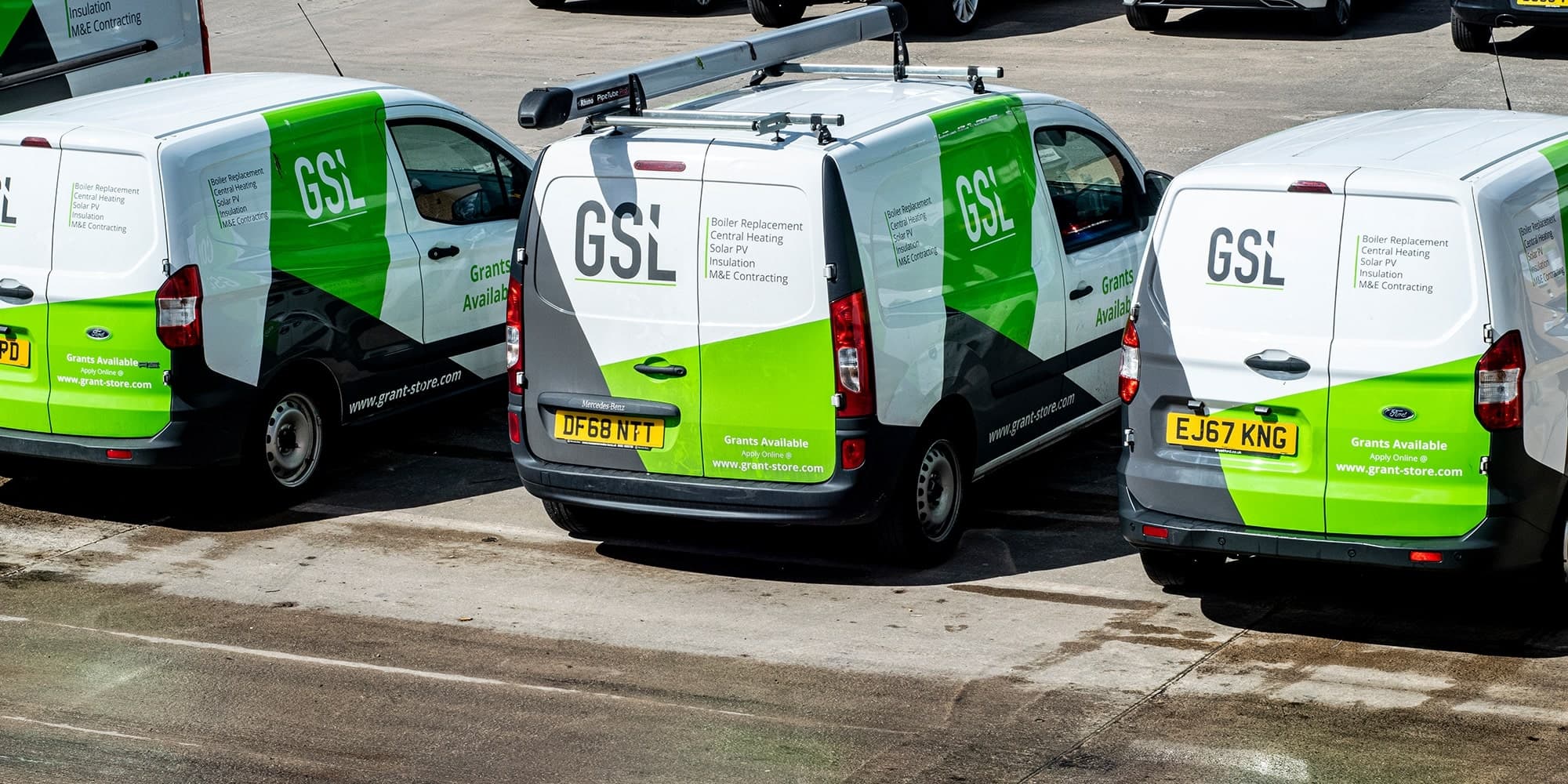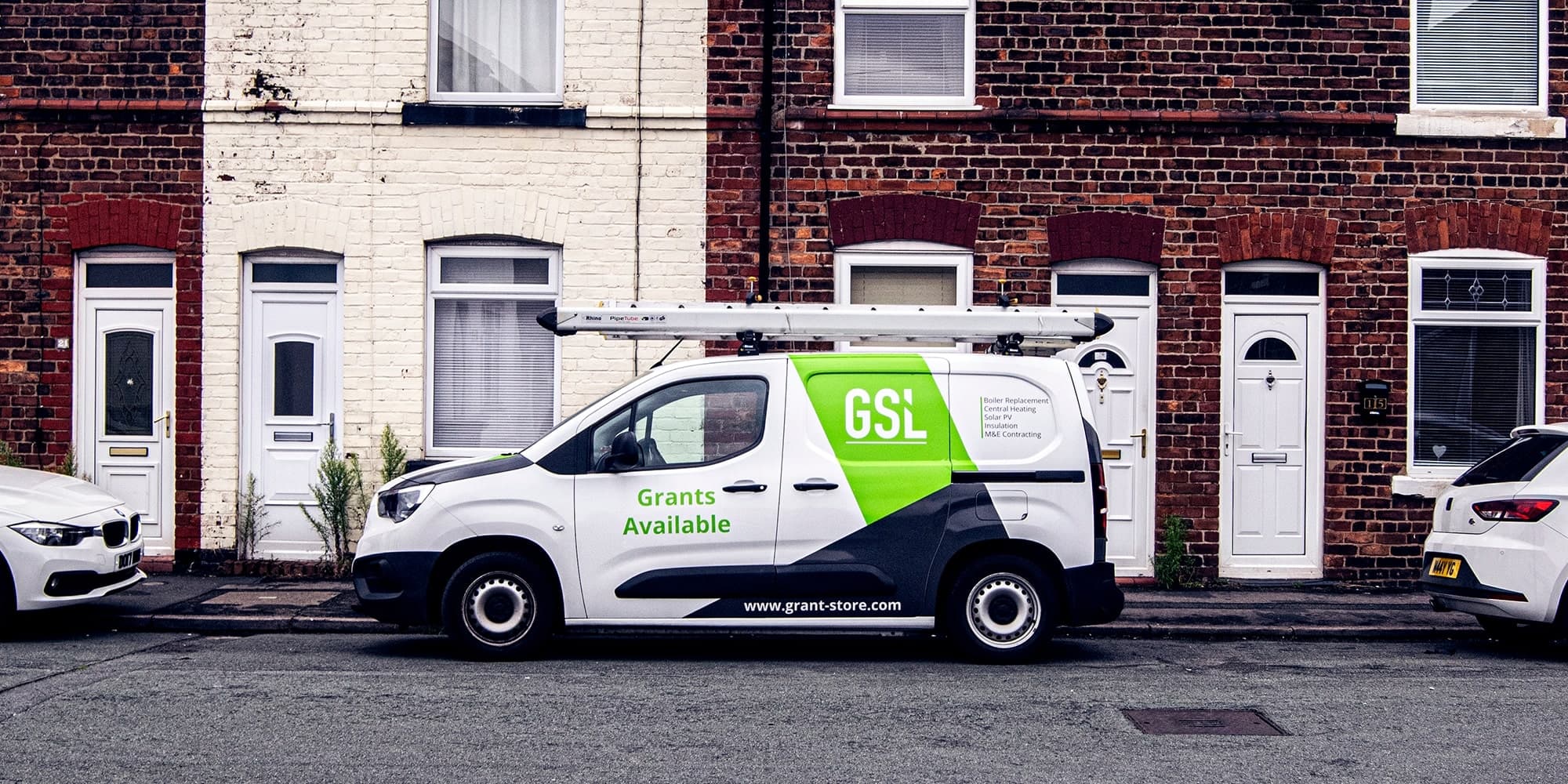August 6th, 2025
How 900m2 of solar panels are helping this NHS hospital go carbon neutral
Written by: Puneet Verma
News
Energy Performance Certificates, or EPCs, are essential for homeowners, potential buyers, and anyone involved in renting or selling property. They offer a snapshot of a property’s energy efficiency, impacting everything from market value to environmental footprint. This guide will walk you through the essentials of EPCs—what they are, how they’re calculated, and why they matter. Let’s get into it.
Key Takeaways
An Energy Performance Certificate (EPC) is a legal document that rates a property’s energy efficiency. By law, every residential and rental property in the UK must have an EPC when it’s built, sold, or rented. The EPC provides a wealth of information, including how energy efficient your property is, the typical energy costs you might incur, and how you can improve your energy usage.
EPC ratings are calculated based on factors such as heat loss, the efficiency of heating systems, and the q. An accredited energy assessor will evaluate the property to determine its performance and suggest potential energy efficiency improvements.
Understanding an EPC rating is important for potential buyers or homeowners. EPCs use a scale from A to G, with A being the most energy-efficient and G being the least. Properties with higher ratings have lower energy costs and a lesser environmental impact, which can significantly enhance their market appeal.
A-rated homes are top-of-the-line in energy efficiency, meaning they have the lowest energy bills and carbon emissions. On the other hand, homes rated D or below might be cheaper upfront but often come with higher running costs and potential extra investment to improve their efficiency.
Here’s how the Energy Performance Certificates (EPCs) are rated using the Standard Assessment Procedure (SAP) points:
An assessor will evaluate various aspects of the property and then use the Government’s SAP procedure to calculate a score. This score determines where the property falls on the A to G scale, influencing both its market appeal and energy costs.
Several factors influence a property’s EPC rating:
This is calculated based on the amount of carbon dioxide produced per square metre of the property.
The cost of an EPC can vary but typically ranges between £60 and £120. This fee depends on the size and location of the property, with larger homes and those in major cities potentially costing more.
It’s the seller’s or landlord’s responsibility to ensure that an EPC is available to potential buyers or tenants. Estate agents and rental management services often handle this as part of their services, but ultimately, it falls on the owner to provide a valid EPC.
I want energy saving home improvementsAn EPC estimates how much it might cost to power and heat your home, covering areas like lighting, heating, and hot water. It gives an insight into potential energy bills and how they could decrease with certain improvements.
This section breaks down your home’s current energy efficiency rating and what it could be if you make the suggested upgrades. It’s an excellent tool for understanding and planning energy efficiency improvements.
The EPC assesses various elements, such as glazed windows, cavity wall insulation, and double glazing. Each feature is rated on how well it contributes to the property’s energy efficiency.
Finally, an EPC provides personalised recommendations to enhance a property’s energy performance. These might include installing additional loft insulation, upgrading to double-glazed windows, or optimising your hot water system. It also estimates the typical savings these improvements might yield, helping to map out a cost-effective approach to upgrading your home.
Is your home’s energy rating below what you want it to be? Don’t worry—we’re here to help!
Upgrading your home’s energy efficiency—from installing a new boiler to updating your central heating—can seem like a big task, but that’s where we come in. Our team is ready to help you make these important changes and can even show you how to apply for energy grant funding to manage the costs.
Upgrading saves on energy bills and boosts your home’s value. Let’s chat about how we can transform your home together. Reach out today, and let’s make your home cosy, efficient, and ready for the future.
Get started
August 6th, 2025
How 900m2 of solar panels are helping this NHS hospital go carbon neutral
Written by: Puneet Verma
News
August 6th, 2025
What is a solar panel inverter?
Written by: Puneet Verma
News
June 9th, 2025
Solar water heating vs solar PV: What’s right for you?
Written by: Gareth Whitehill
News
May 9th, 2025
Solar panel installation: Step-by-step guide for UK homes & businesses
Written by: Gareth Whitehill
News
April 9th, 2025
Are solar batteries worth it in the UK?
Written by: Gareth Whitehill
News
April 9th, 2025
What size solar battery do I need?
Written by: Gareth Whitehill
News
January 20th, 2025
Heat pumps vs. traditional heating: Which is right for your home?
Written by: Gareth Whitehill
Heat Pumps
January 13th, 2025
Do heat pumps work well in older homes?
Written by: Gareth Whitehill
Heat Pumps
January 6th, 2025
How do air source heat pumps work?
Written by: Gareth Whitehill
Heat Pumps
December 30th, 2024
Are air source heat pumps worth it in the UK climate?
Written by: Gareth Whitehill
News
December 23rd, 2024
Why are heat pumps taking over UK homes?
Written by: Gareth Whitehill
Heat Pumps
December 16th, 2024
Are heat pumps suitable for smaller homes?
Written by: Gareth Whitehill
Heat Pumps
September 25th, 2024
Grant Store are official sponsors of Chorley FC!
Written by: Gareth Whitehill
News
August 30th, 2024
Grant Store is an official Octopus Trusted Partner!
Written by: Gareth Whitehill
News
August 1st, 2024
How green is solar energy?
Written by: Gareth Whitehill
Solar
July 30th, 2024
How to insulate an old house
Written by: Gareth Whitehill
News
July 29th, 2024
What’s Involved in an Air Source Heat Pump Installation?
Written by: Gareth Whitehill
Heat Pumps
July 28th, 2024
A complete guide to heating water with solar power
Written by: Gareth Whitehill
Solar
July 25th, 2024
How To Make the Most Out of ECO4 Funding
Written by: Gareth Whitehill
News
July 23rd, 2024
Are UK homes getting any greener?
Written by: Gareth Whitehill
News
June 27th, 2024
Why should you choose an MCS installer for your heat pump project?
Written by: Gareth Whitehill
Heat Pumps
June 27th, 2024
When does ECO4 end, and what happens next?
Written by: Gareth Whitehill
News
June 11th, 2024
Exploring Energy Grants for Pensioners: A Guide to Lowering Your Energy Costs
Written by: Gareth Whitehill
News
June 11th, 2024
Do air source heat pumps work well with solar panels?
Written by: Gareth Whitehill
Heat Pumps
June 11th, 2024
Your Guide to Understanding Energy Performance Certificates (EPCs)
Written by: Gareth Whitehill
News
June 11th, 2024
What energy grants can I get on Universal Credit?
Written by: Gareth Whitehill
News
June 1st, 2024
Who qualifies for a boiler grant in the UK?
Written by: Gareth Whitehill
News
May 22nd, 2024
Is the UK Government Planning to Ban Gas Energy?
Written by: Gareth Whitehill
News
April 25th, 2024
Your Complete Guide To Off-Gas Property Grants in the UK
Written by: Gareth Whitehill
News
April 24th, 2024
What are electric storage heaters?
Written by: Gareth Whitehill
News
April 23rd, 2024
How To Improve Your Home’s EPC Rating: A Guide to Boosting Efficiency and Reducing Costs
Written by: Gareth Whitehill
News
April 23rd, 2024
What is the ECO Scheme, and how can it help me?
Written by: Gareth Whitehill
News
April 23rd, 2024
How to apply for the ECO4 Grant: Everything you need to know
Written by: Gareth Whitehill
News
April 18th, 2024
The Complete Guide to Heat Pumps: Benefits, Costs, Savings, and Efficiency
Written by: Gareth Whitehill
Heat Pumps
March 13th, 2024
What size solar PV system do I need?
Written by: Gareth Whitehill
Solar
February 27th, 2024
What grants are available for energy-saving?
Written by: Gareth Whitehill
News
November 24th, 2023
How Many Solar Panels Do I Need?
Written by: Gareth Whitehill
Solar
November 23rd, 2023
How Much Money Do Solar Panels Save?
Written by: Gareth Whitehill
Solar
November 22nd, 2023
How Are Solar Panels Made?
Written by: Gareth Whitehill
News
November 22nd, 2023
Do you need planning permission for solar panels?
Written by: Gareth Whitehill
News
November 22nd, 2023
How Much Do Solar Panels Cost?
Written by: Gareth Whitehill
News
November 22nd, 2023
How Do Solar Panels Work?
Written by: Gareth Whitehill
News
November 20th, 2023
Smart Export Guarantee Rates 2024
Written by: Gareth Whitehill
News
November 20th, 2023
Can I Add a Battery to my Solar System?
Written by: Gareth Whitehill
News
November 20th, 2023
How Do You Store Solar Energy?
Written by: Gareth Whitehill
News
October 3rd, 2023
Solar panels: are they worth the cost?
Written by: Gareth Whitehill
News
September 19th, 2023
How efficient are solar panels?
Written by: Gareth Whitehill
News
September 19th, 2023
Do solar panels boost home value?
Written by: Gareth Whitehill
News
September 19th, 2023
What are the pros and cons of solar panels?
Written by: Gareth Whitehill
News
Not sure which energy-saving solution is right for your home? Or do you have questions about grant eligibility? Our team has the answers. Give us a call and we'll help you figure everything out.
Call us now on:
01942 918 844
"*" indicates required fields
